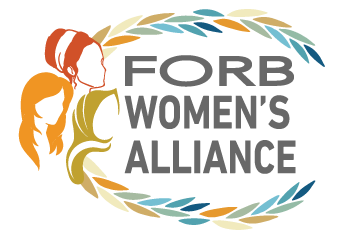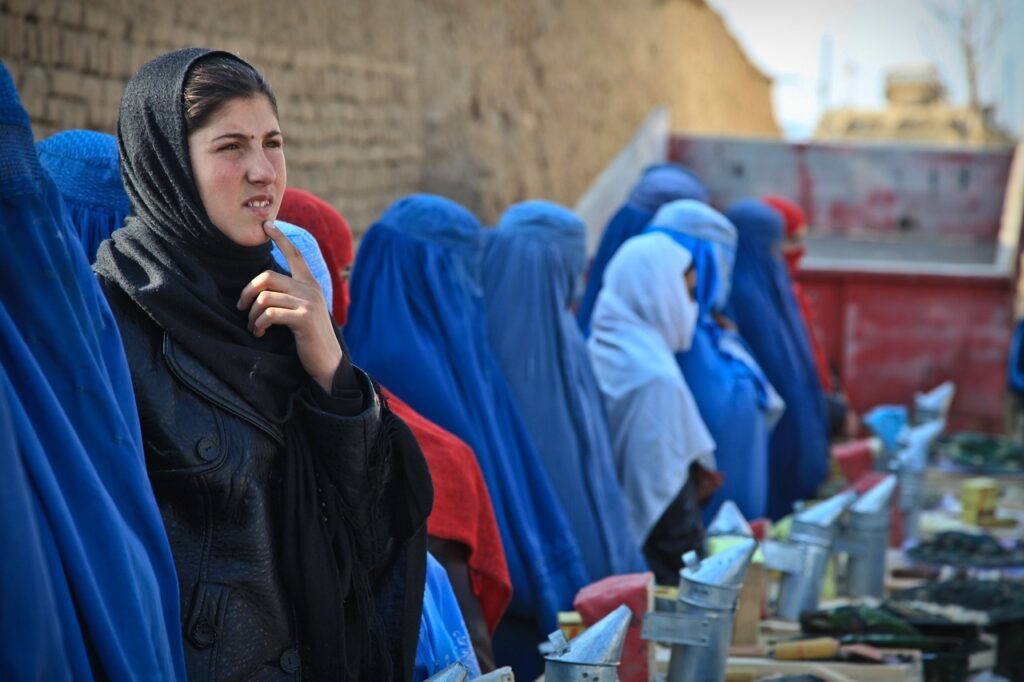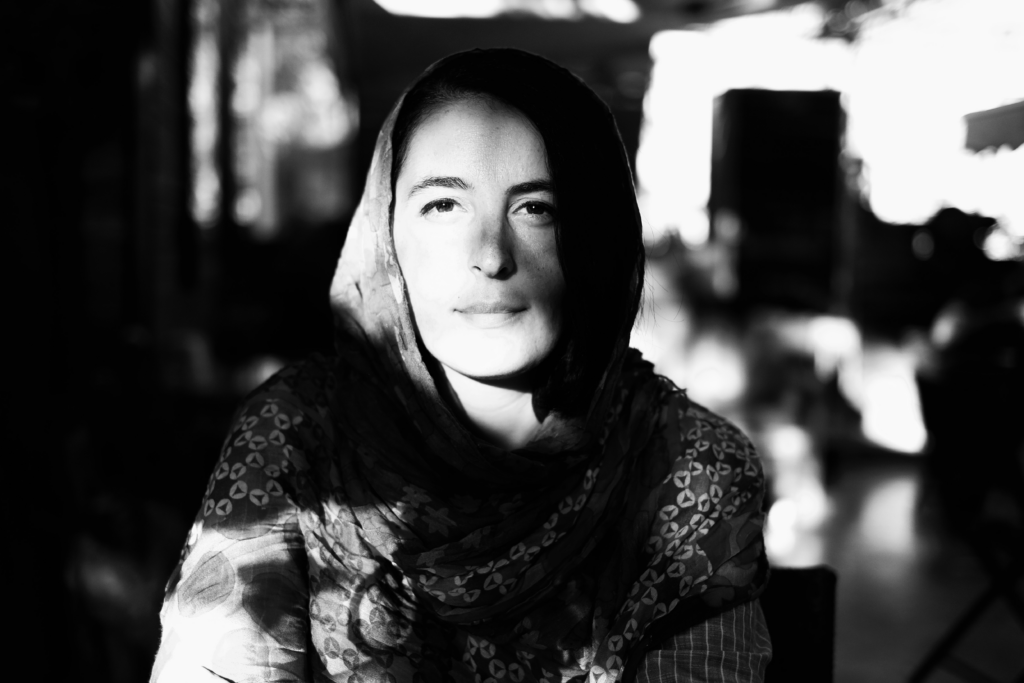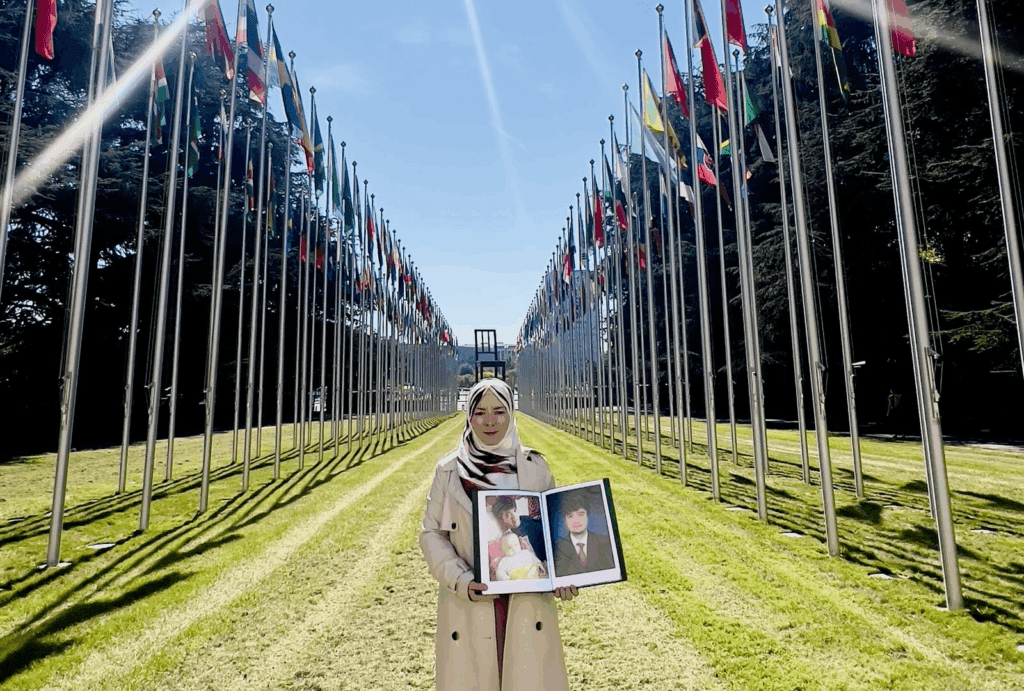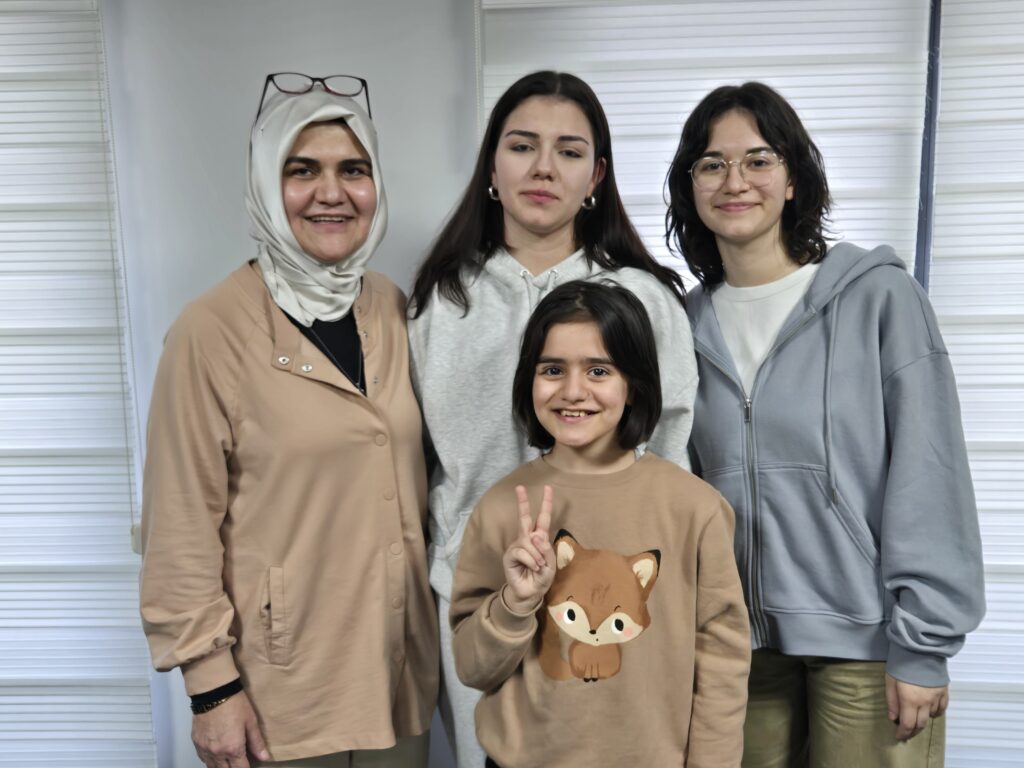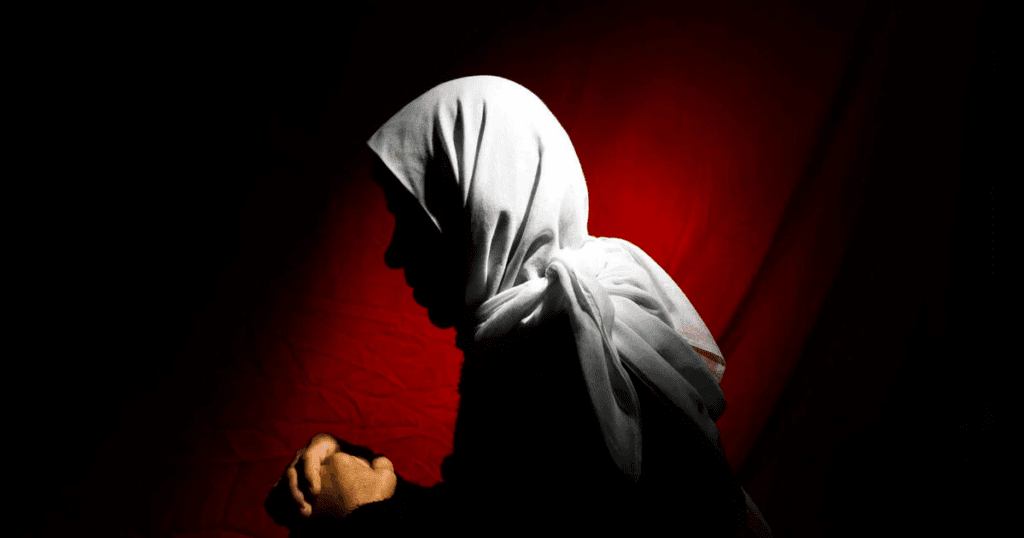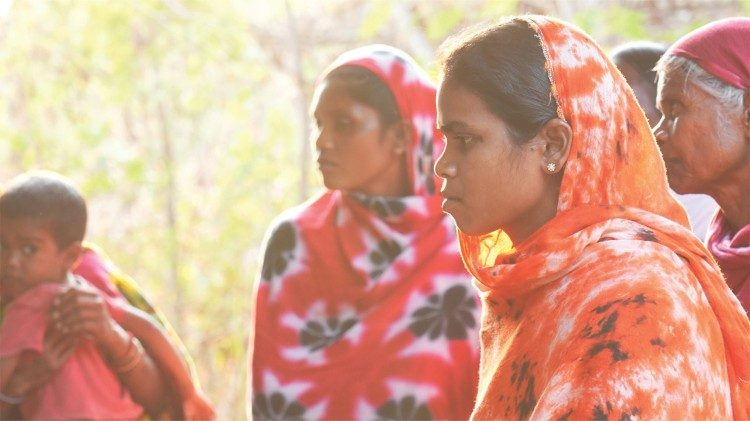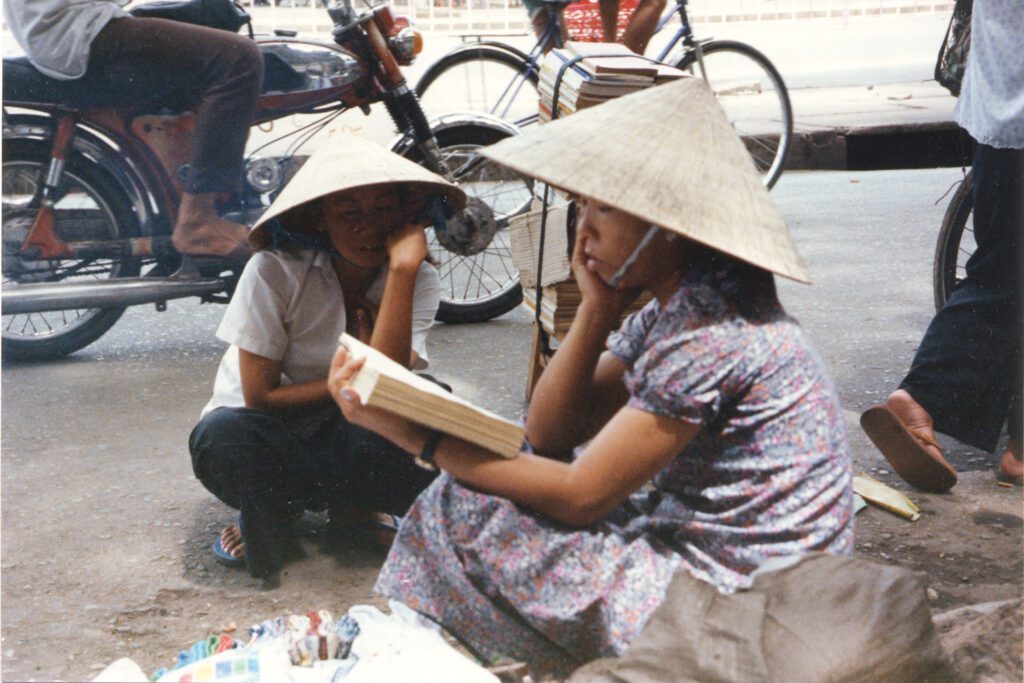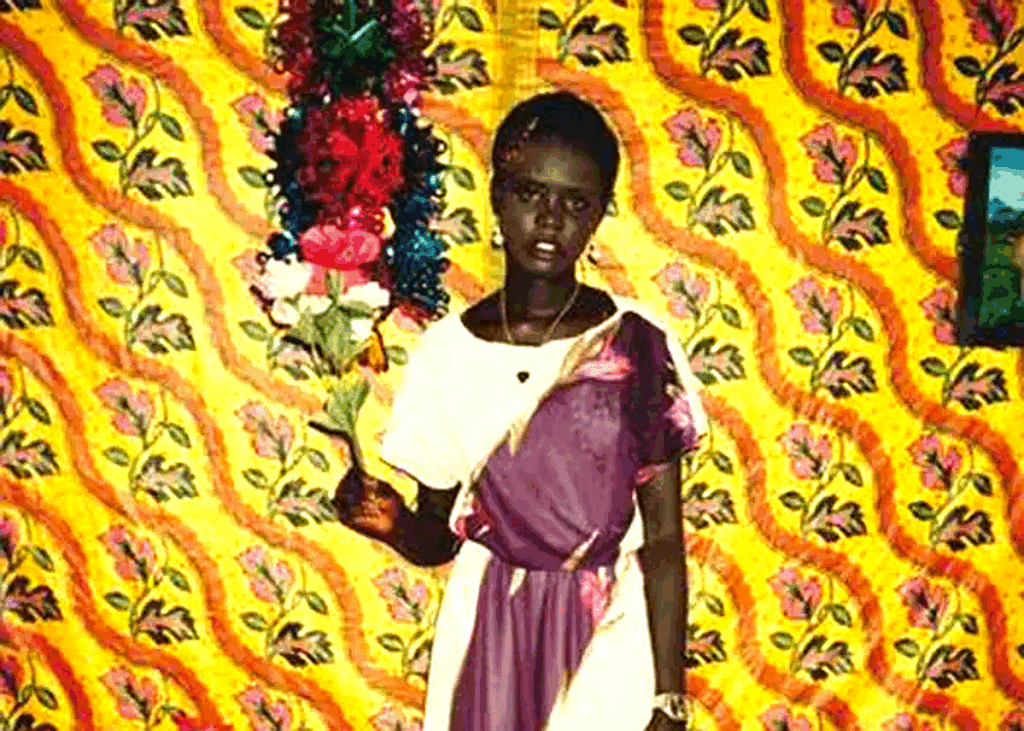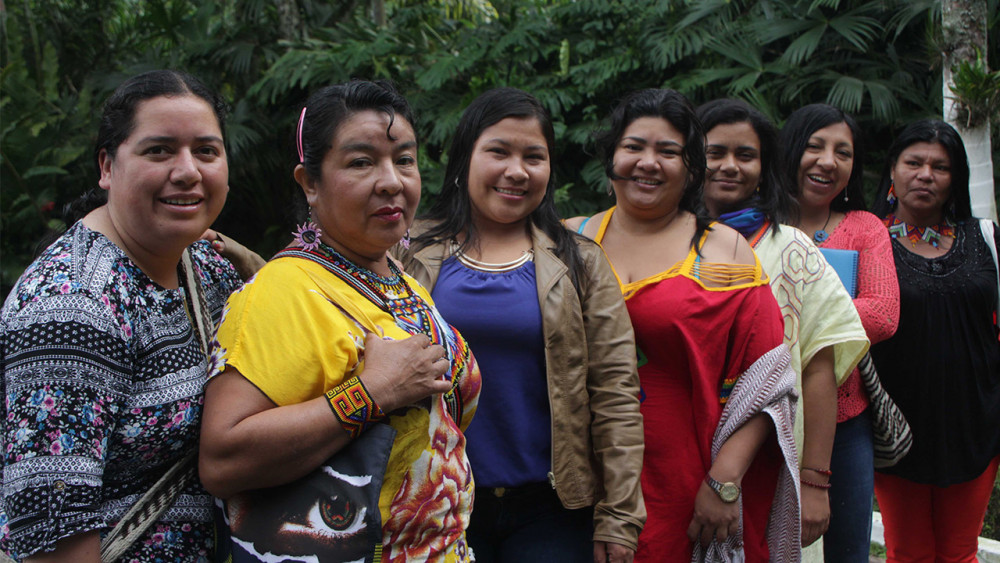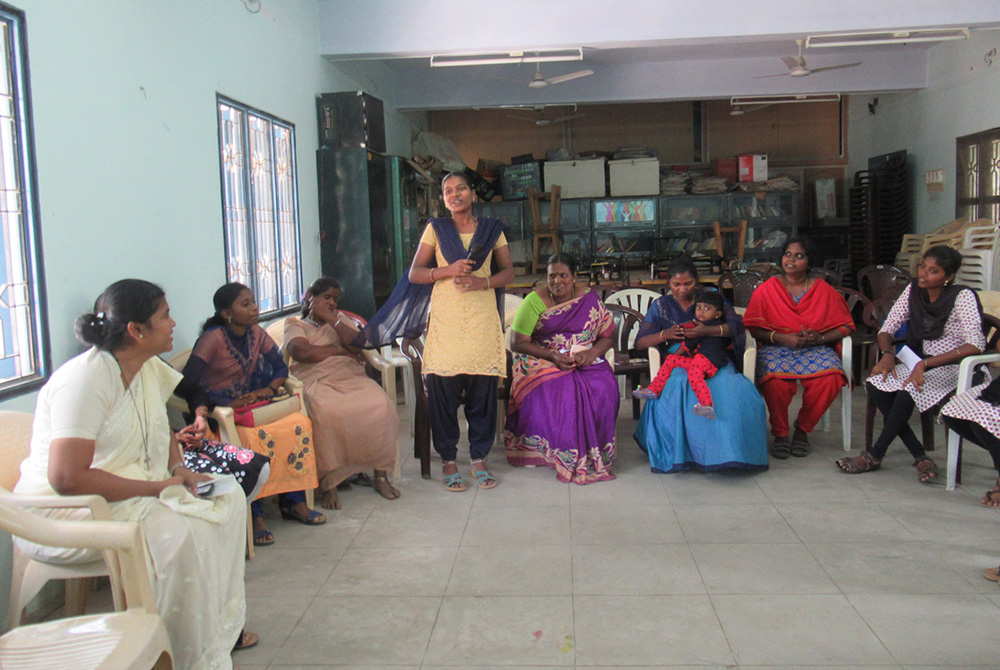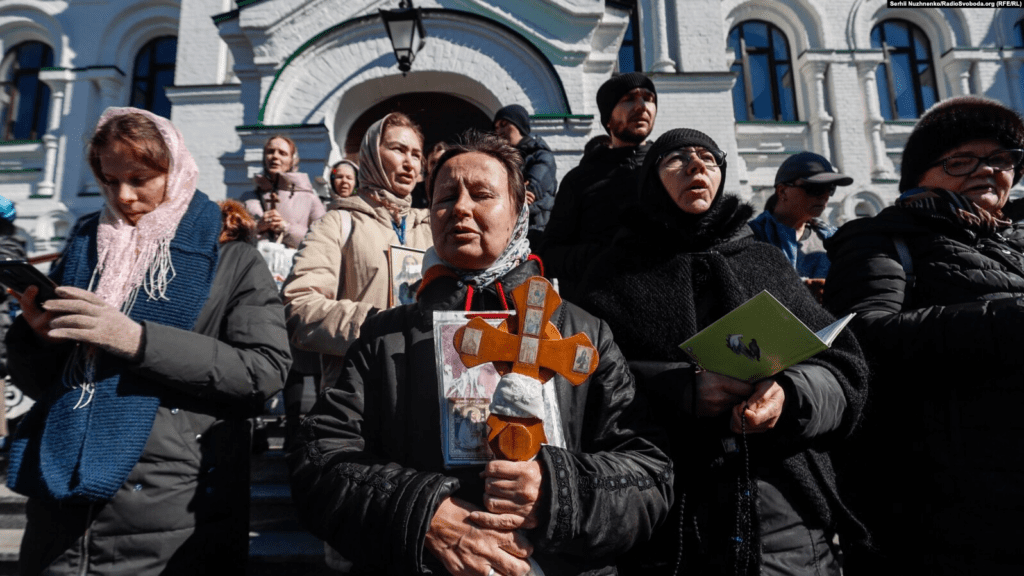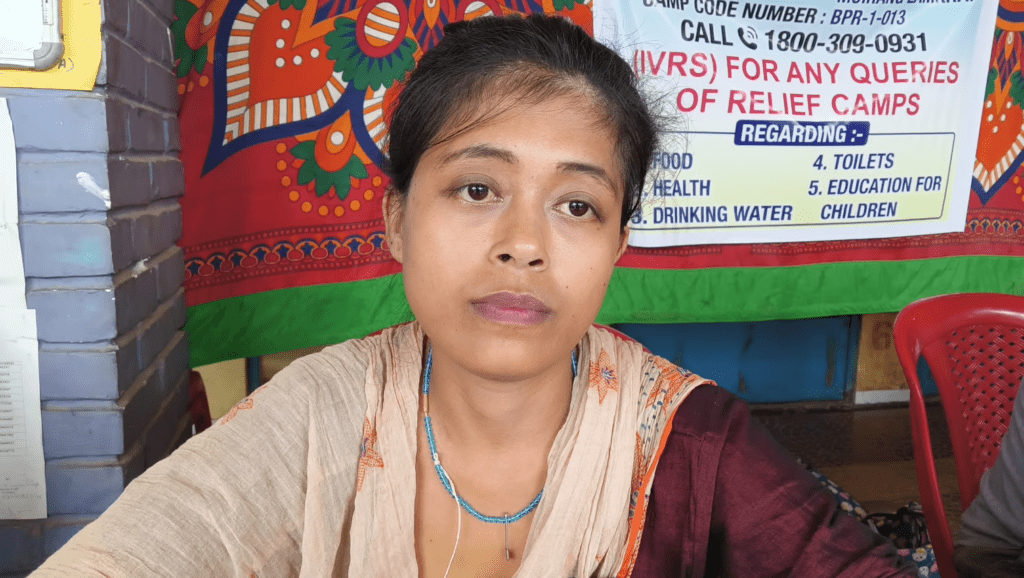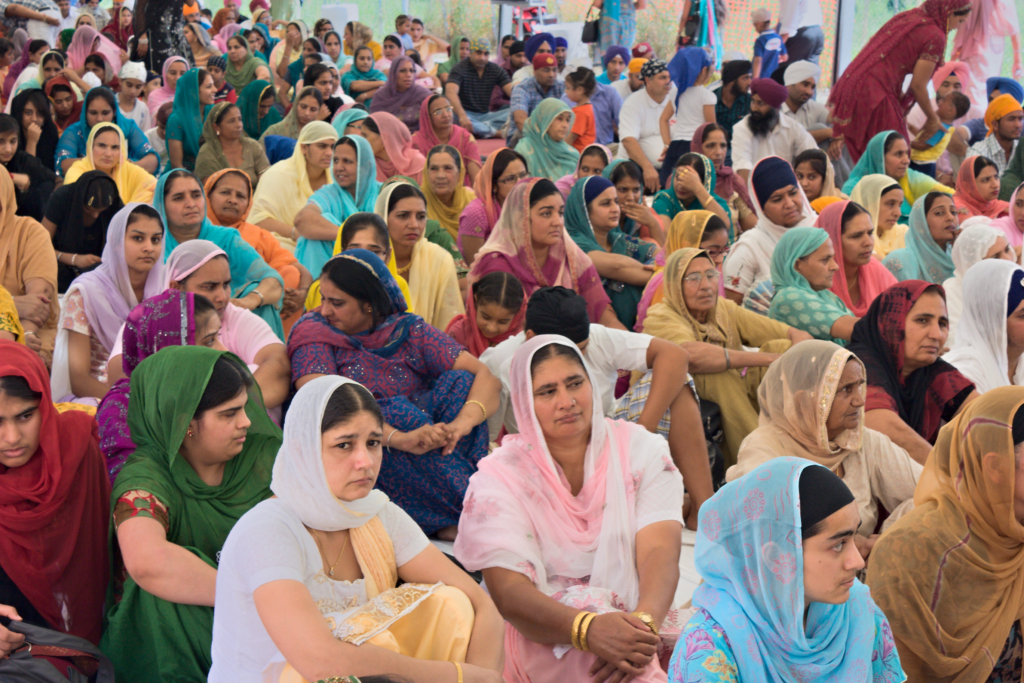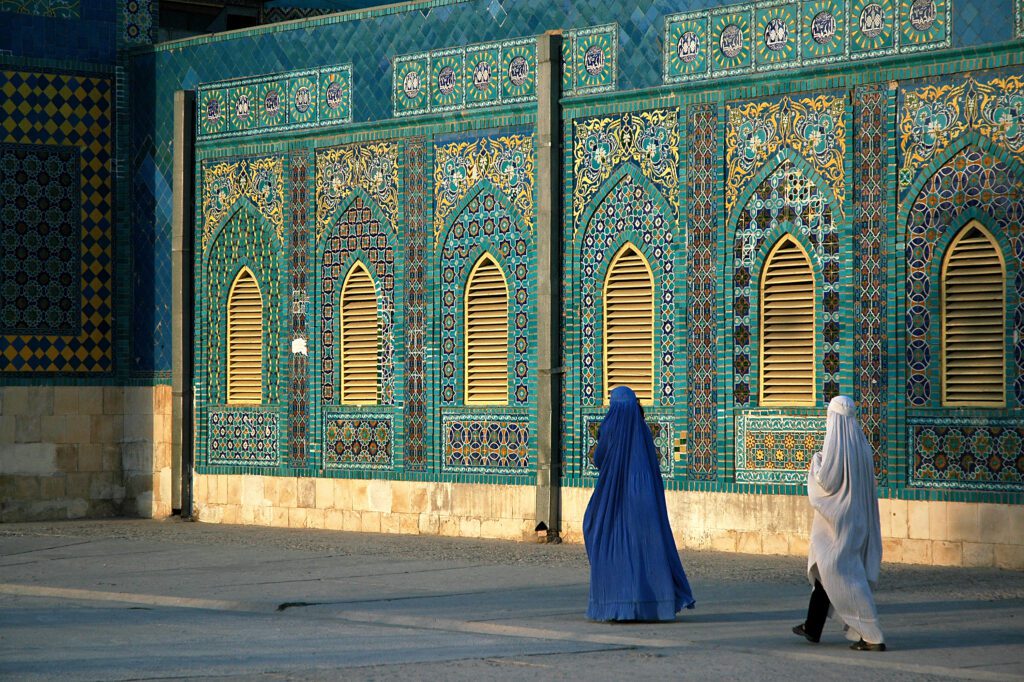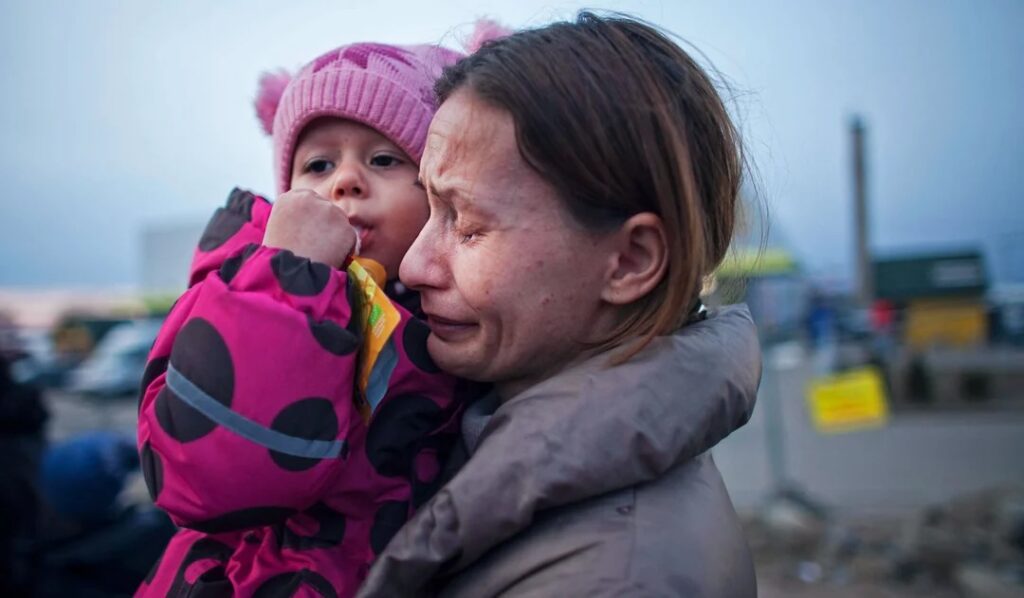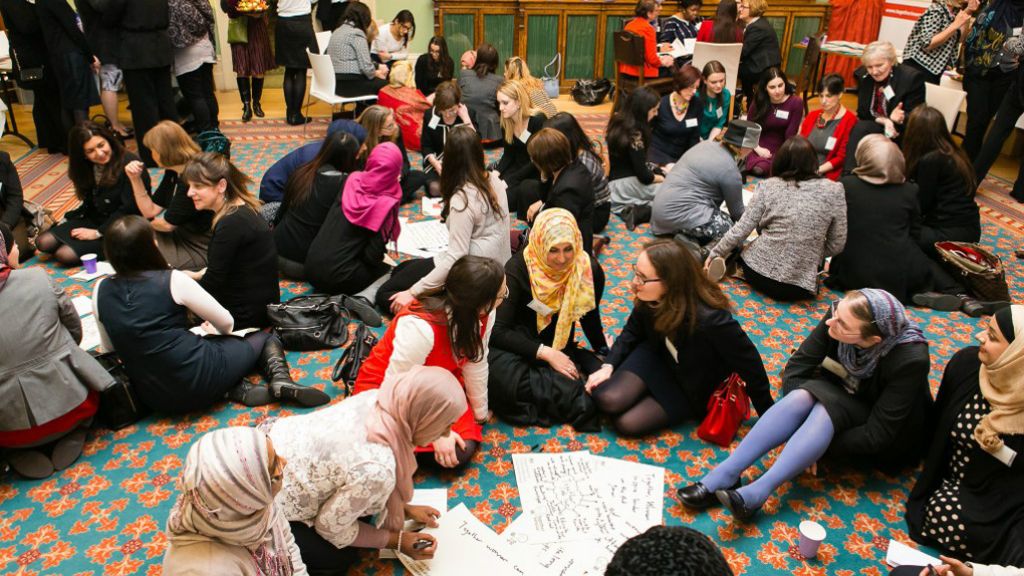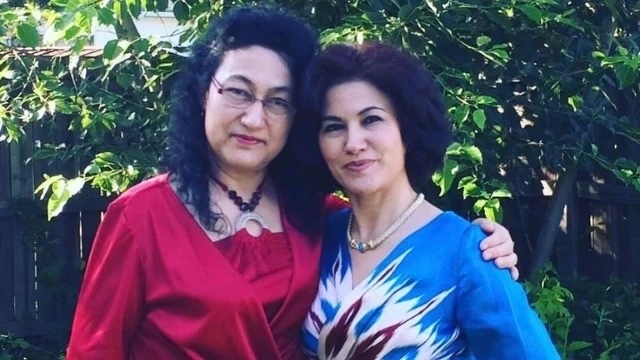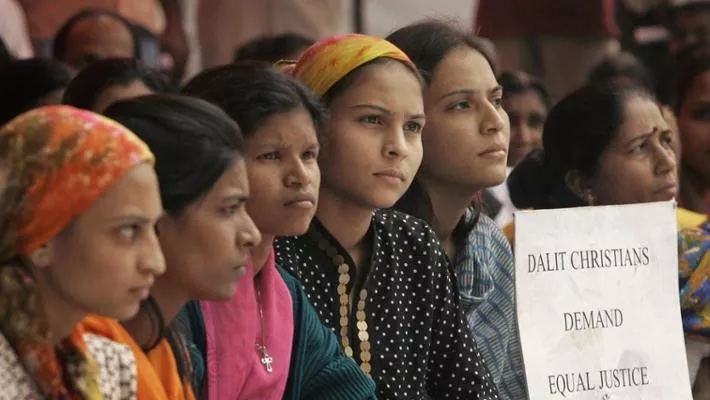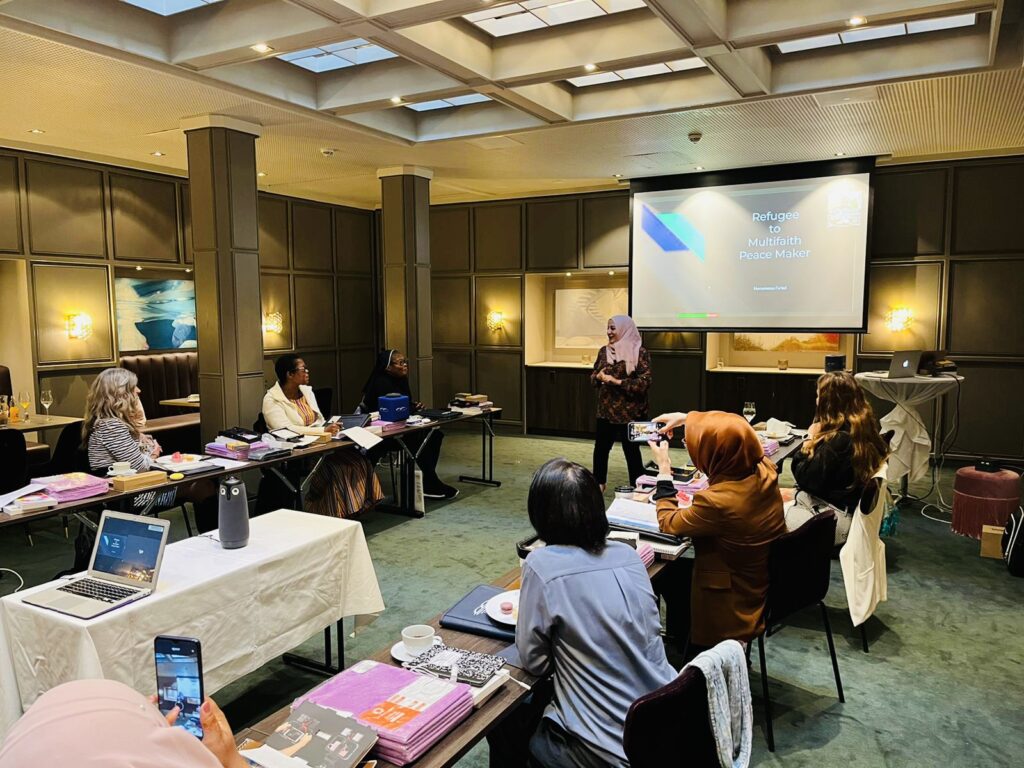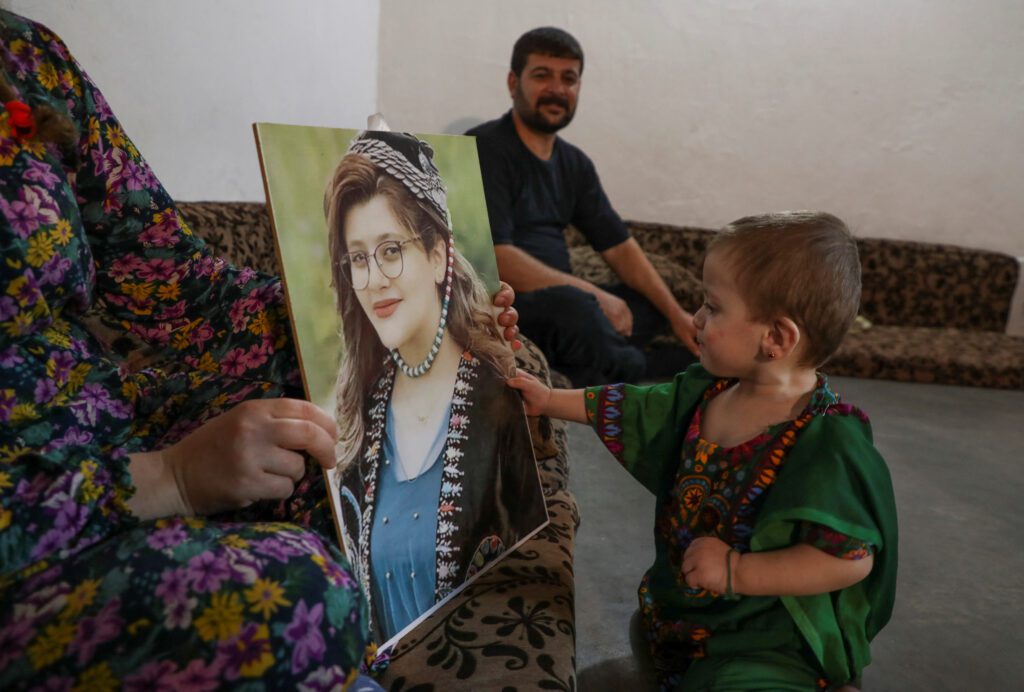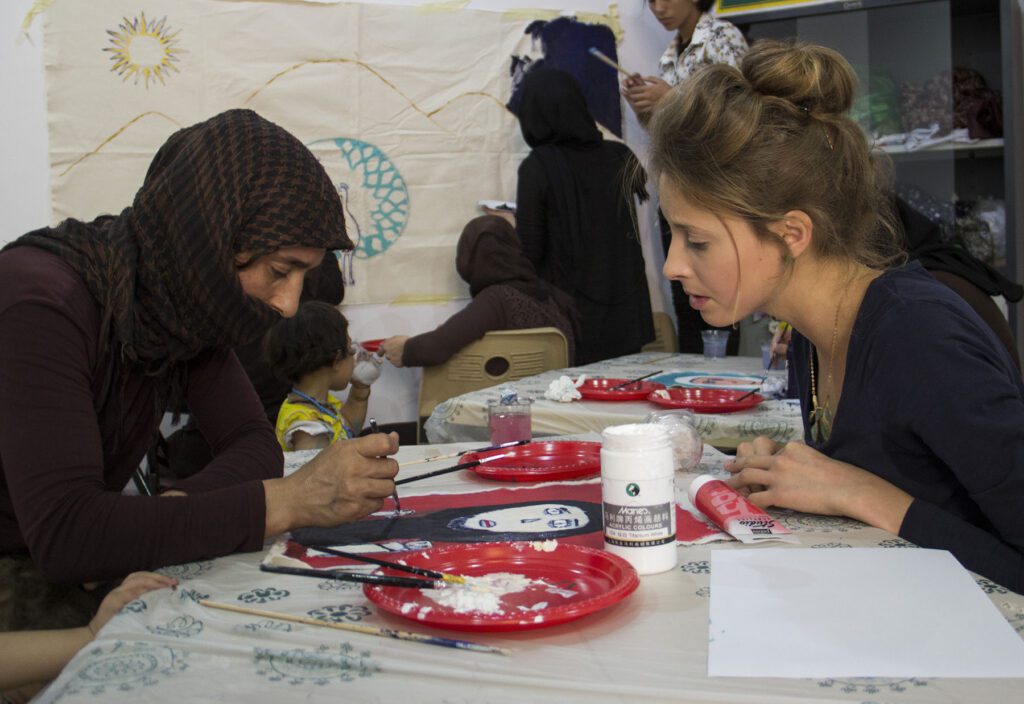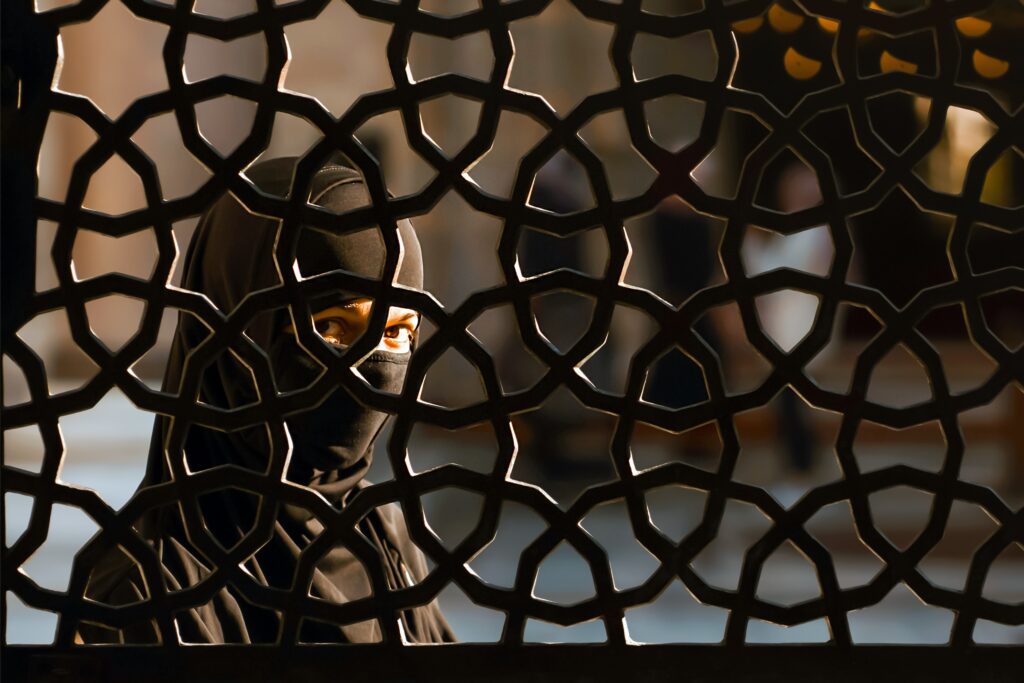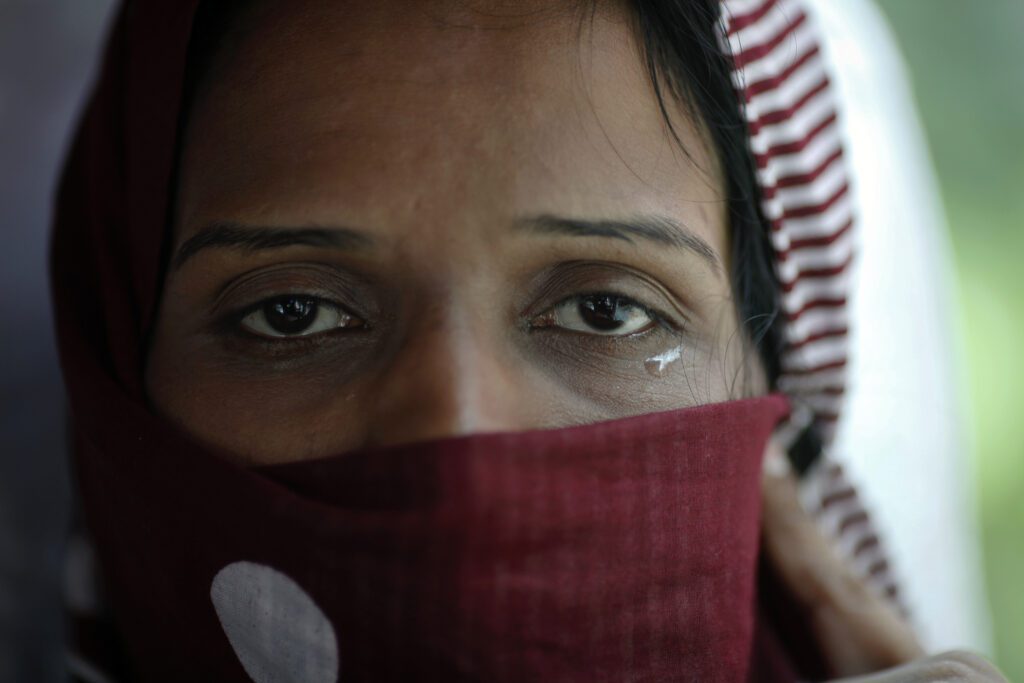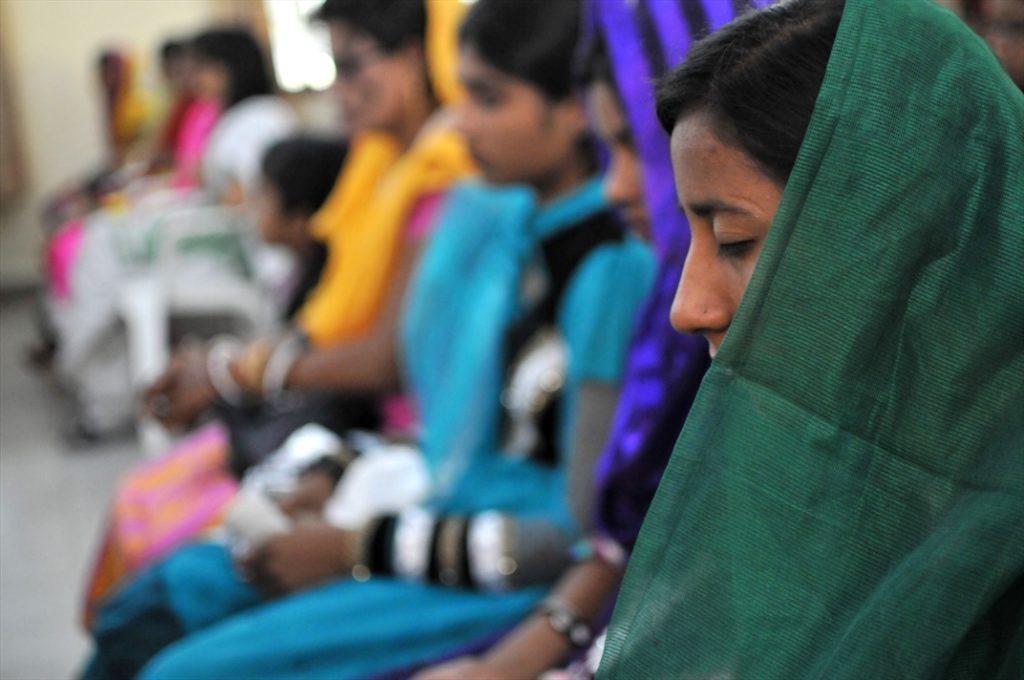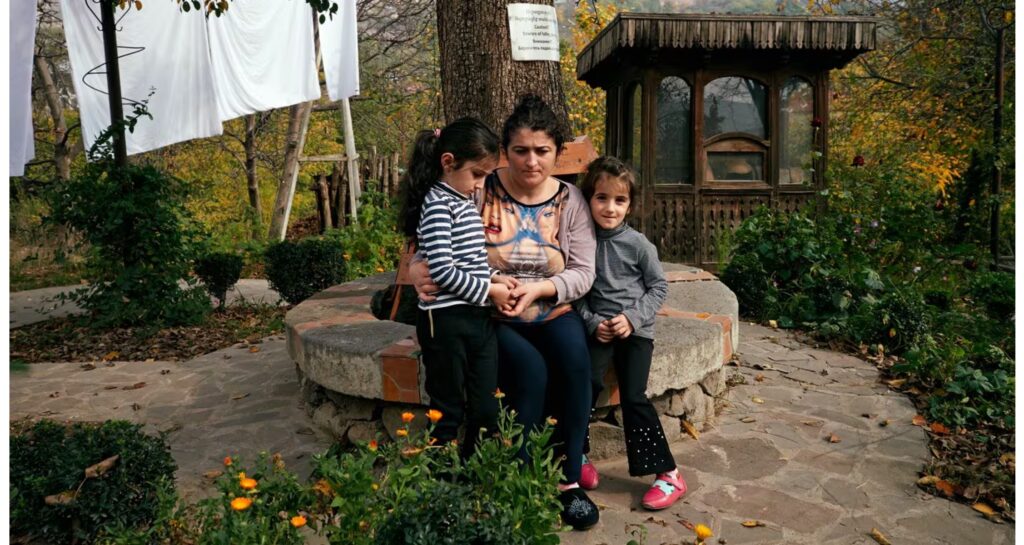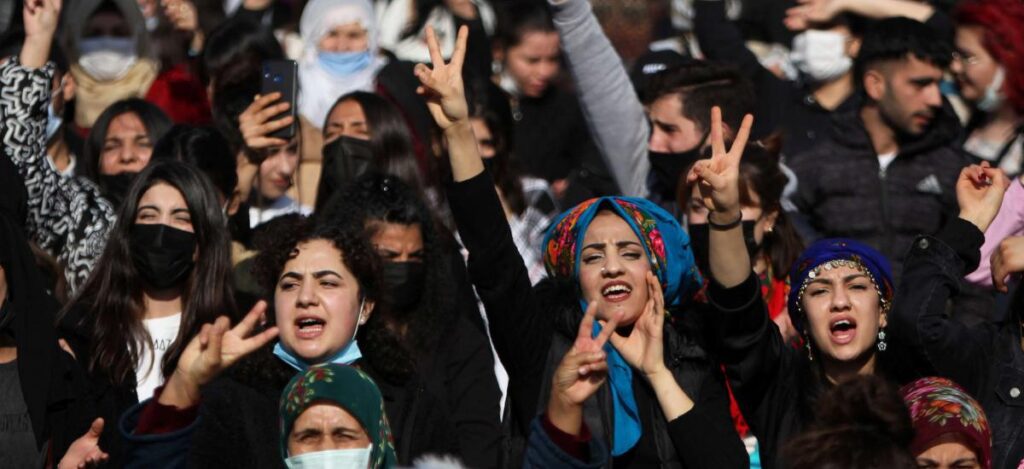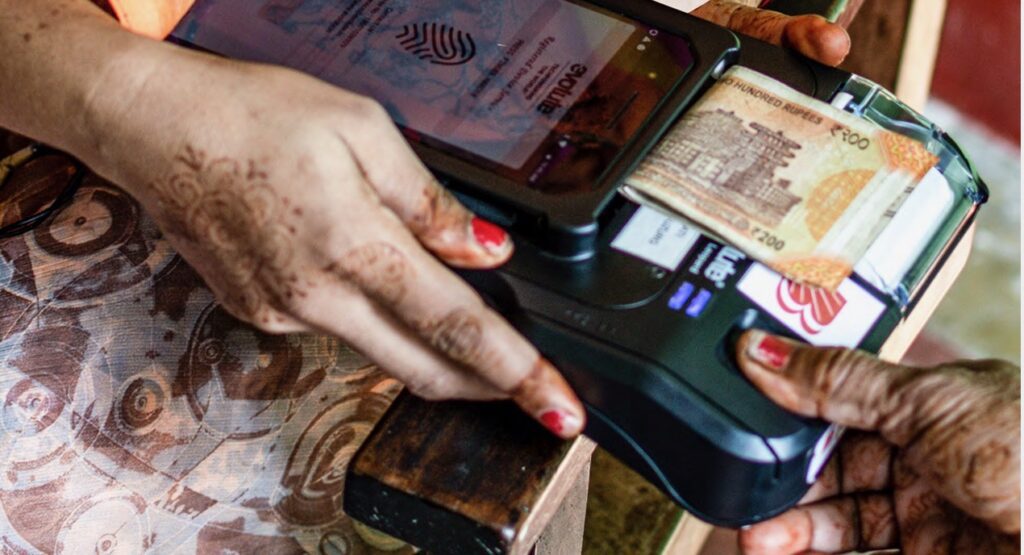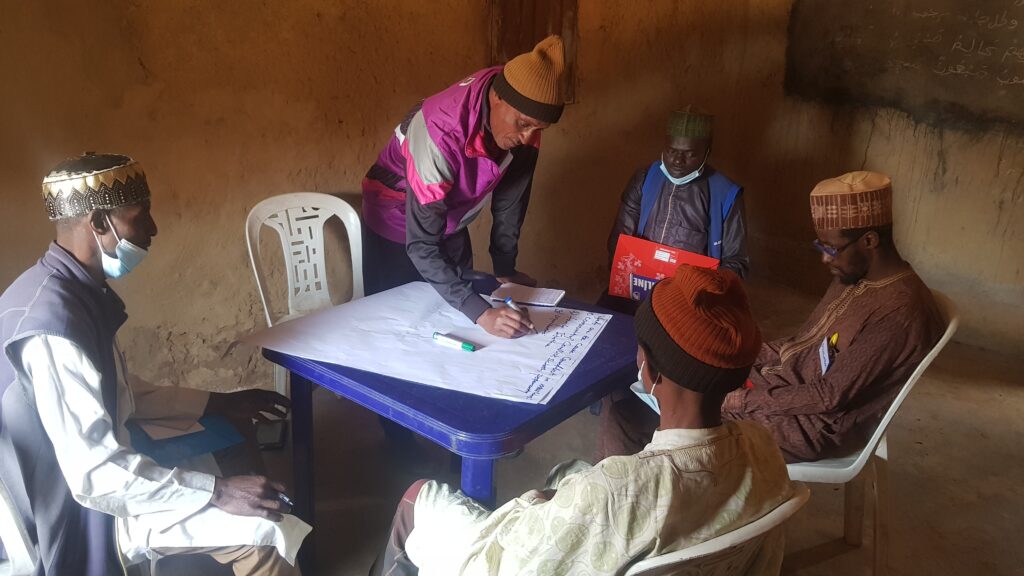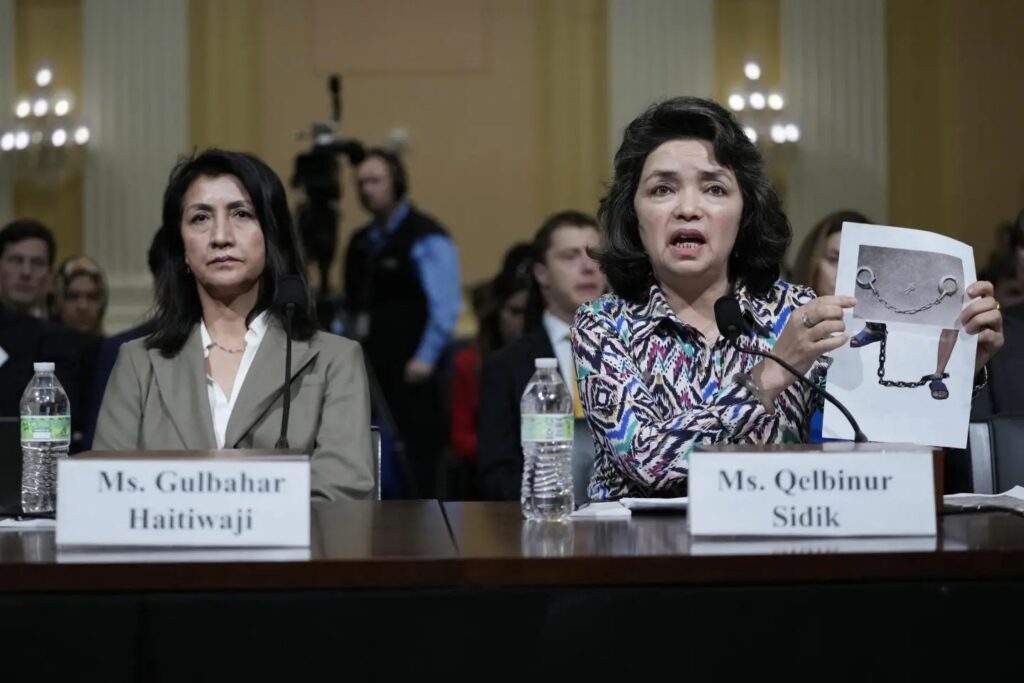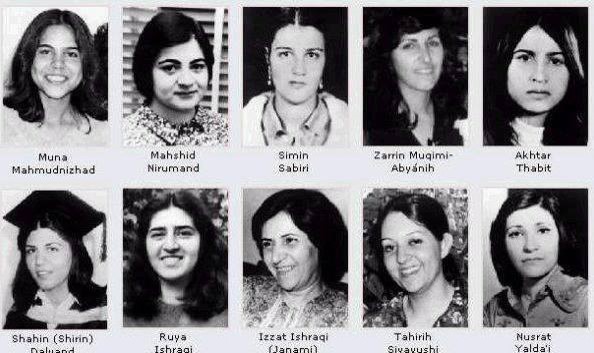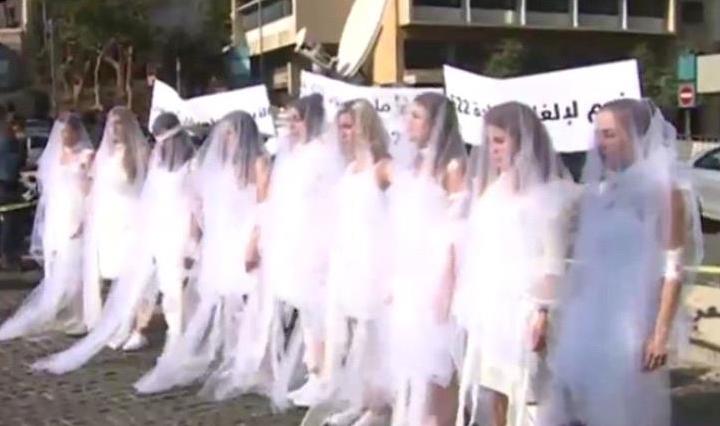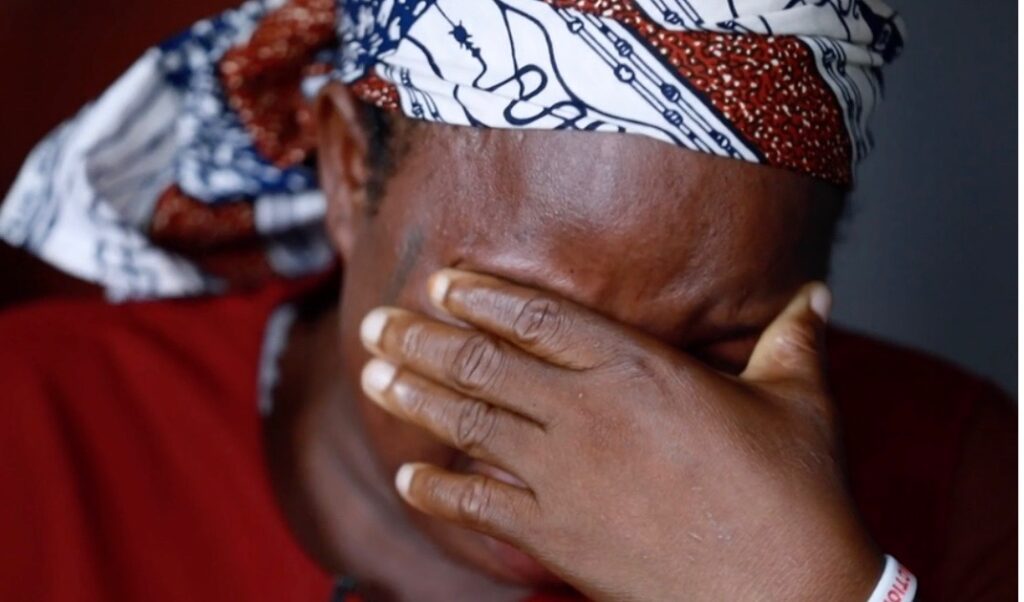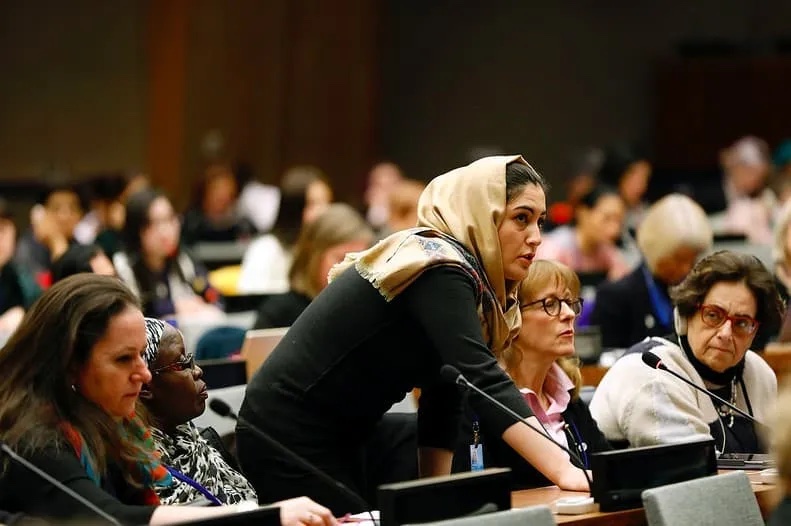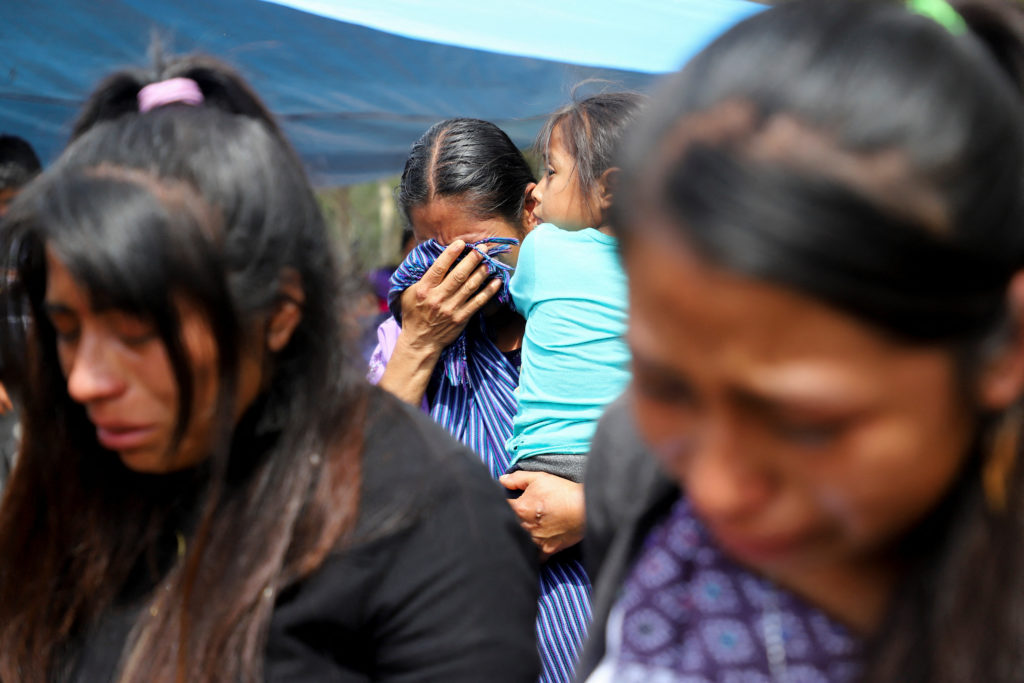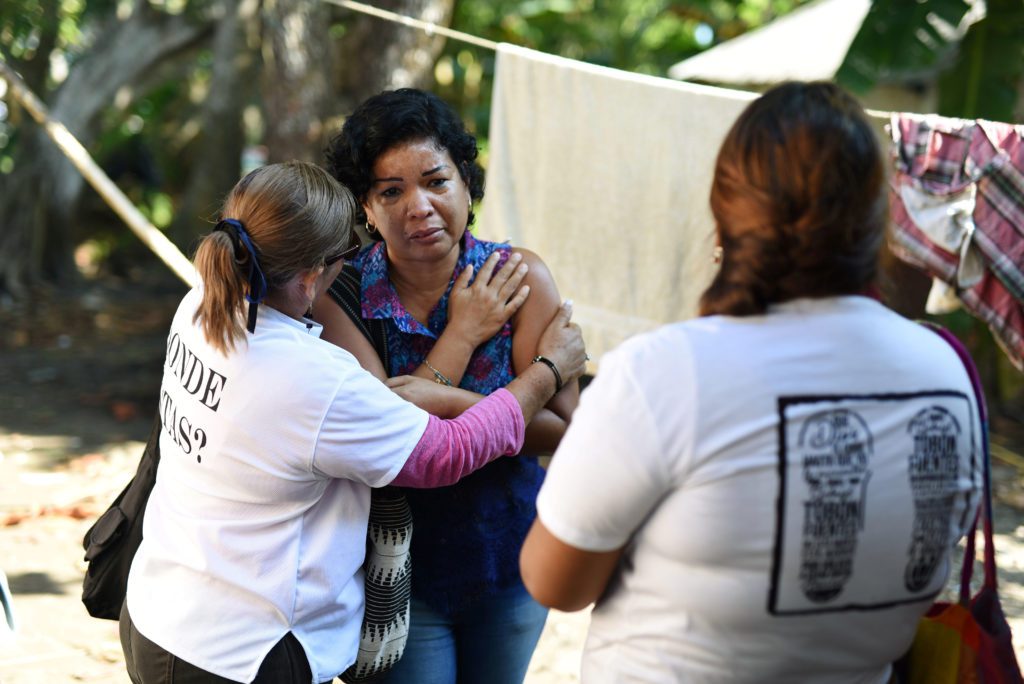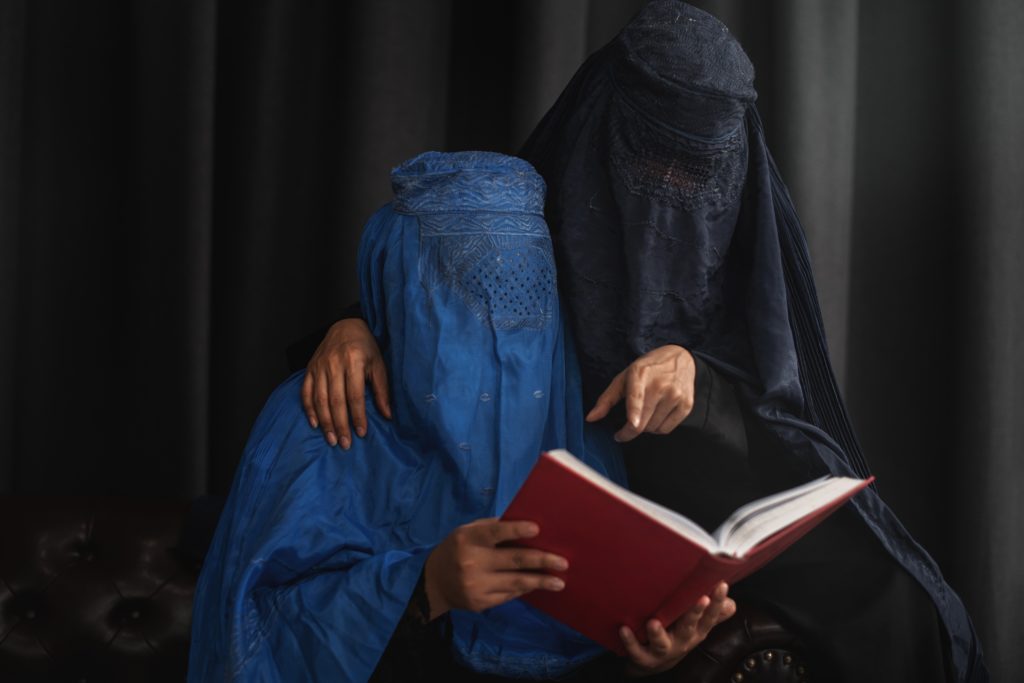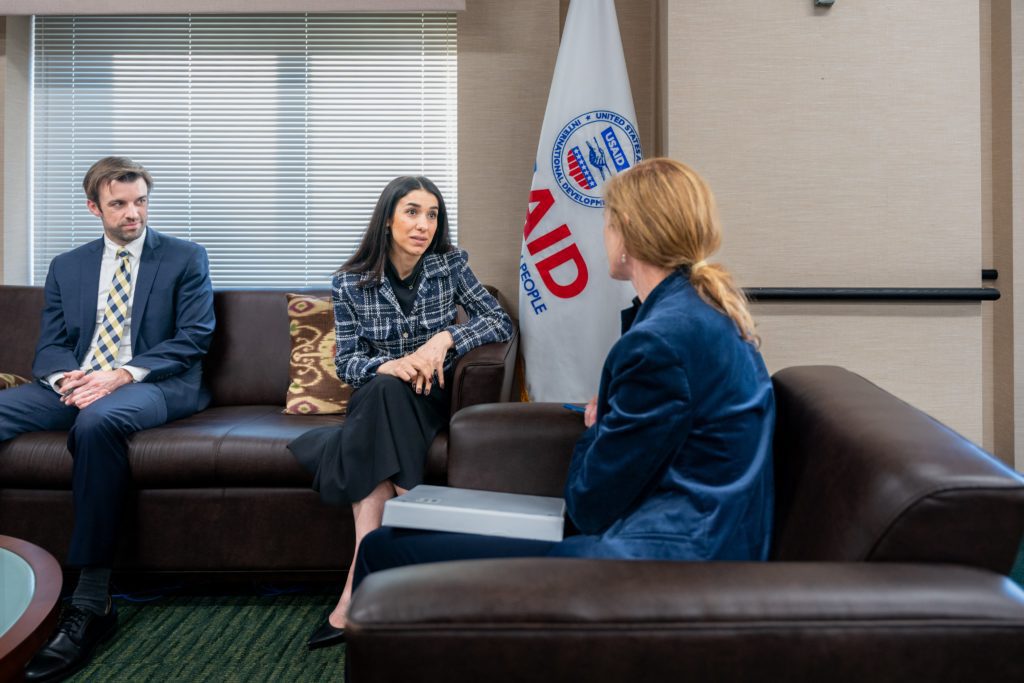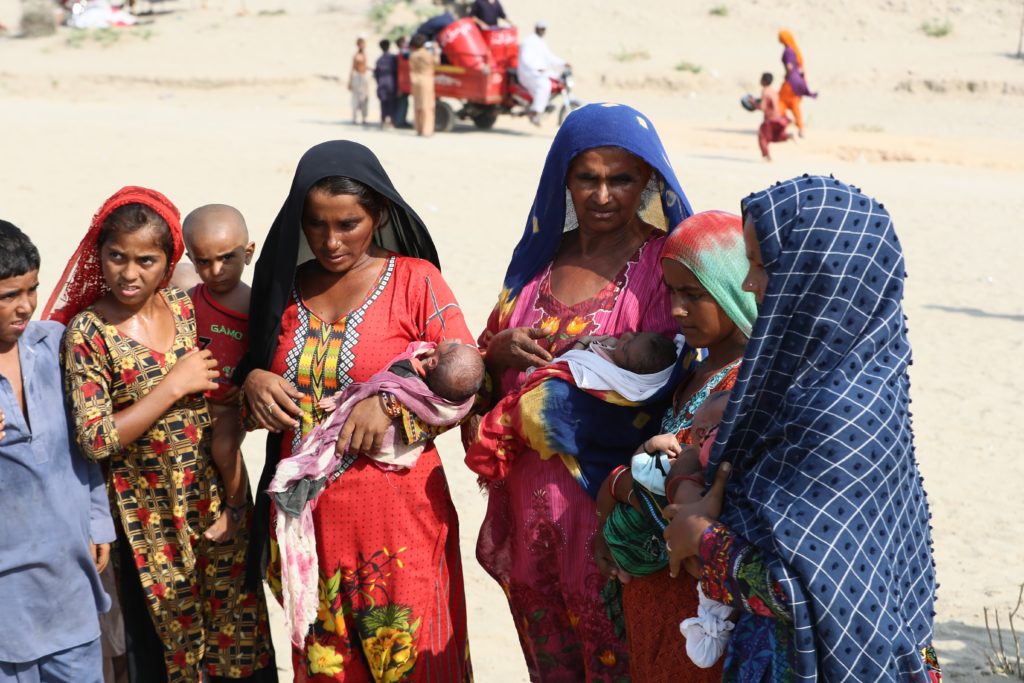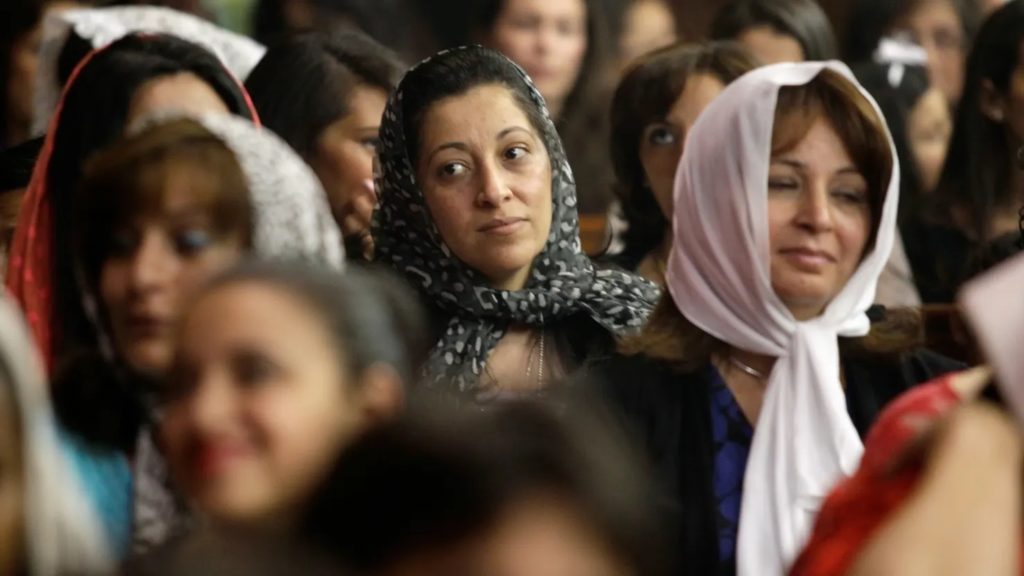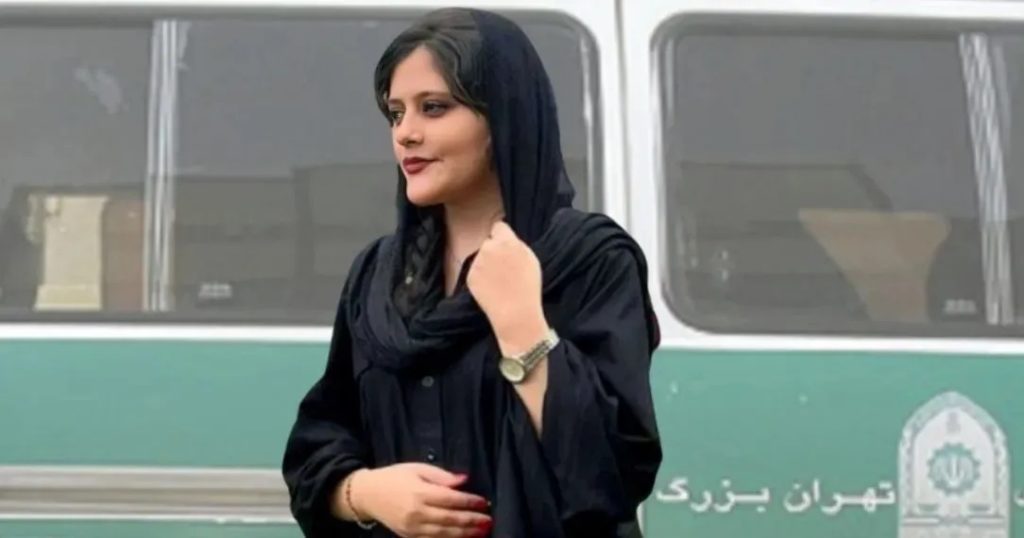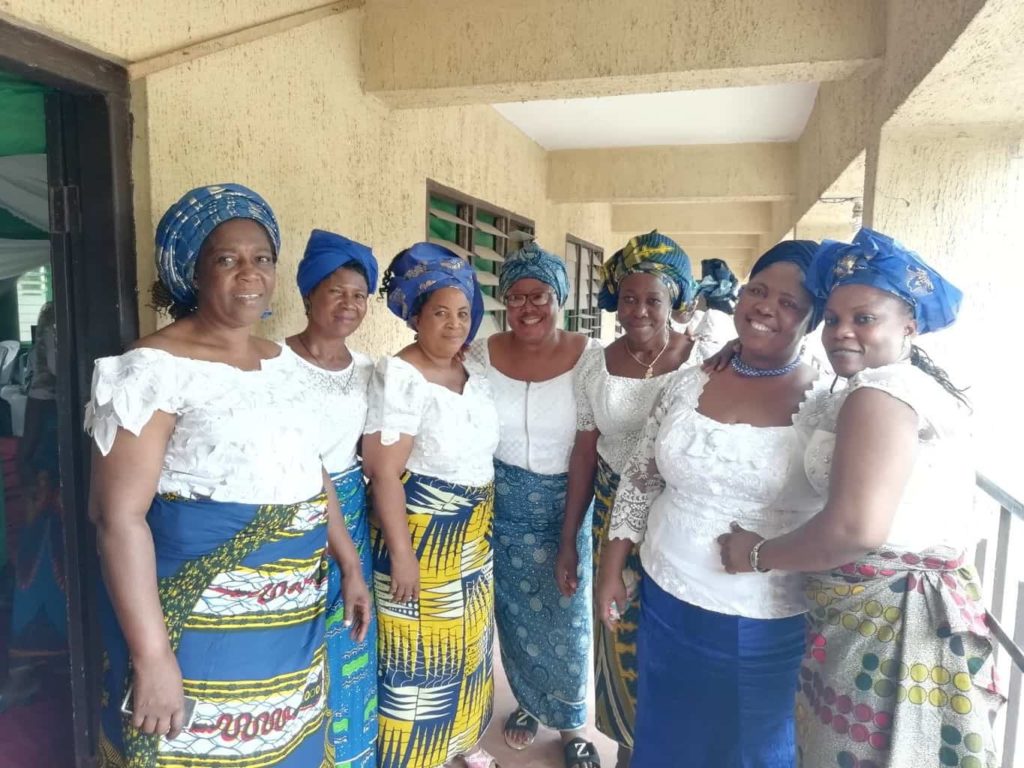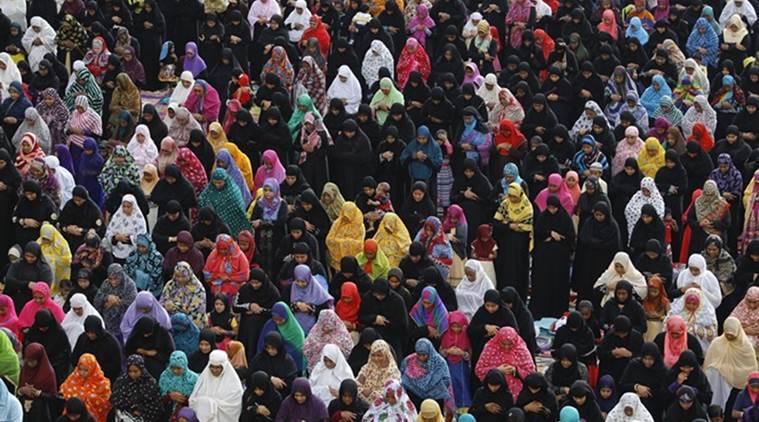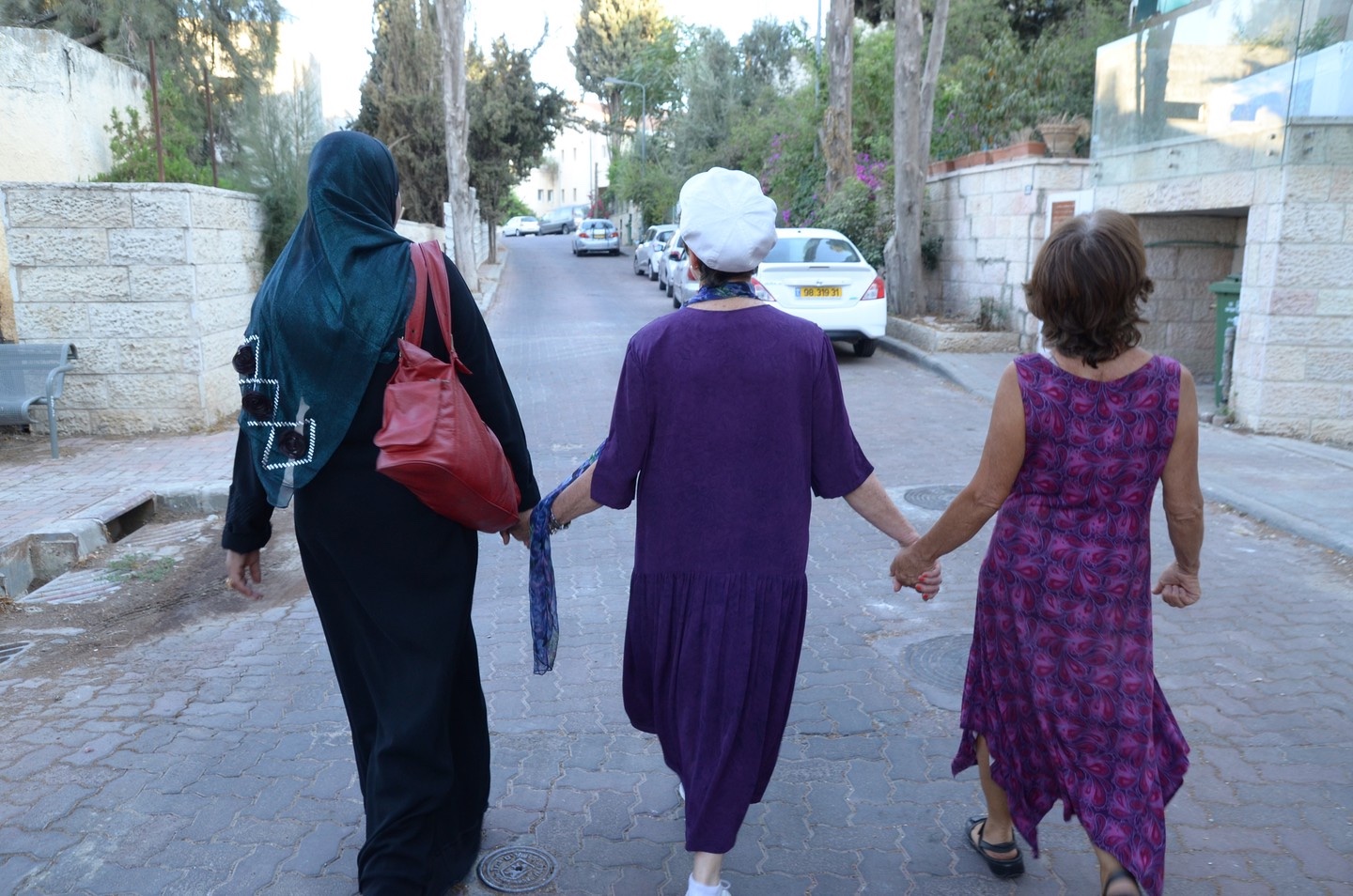The author, a women’s rights activist in Afghanistan, asks why the countries women and girls should be forced to choose between their basic fundamental rights and exile…
April 21, 2023 Reprinted with permission from Jurist.org
The International Criminal Court (ICC) is tasked with investigating and prosecuting individuals responsible for the gravest of crimes — genocide, war crimes, crimes against humanity, and aggression. While the struggles faced by Afghan women and girls have yet to be classified, their plight demands attention. As human beings, these women and girls have been callously marginalized by the Taliban, left to languish in the shadows of the world as if they were unwanted debris. Their resilience and determination call for recognition and support from the global community.
Since the Taliban took over in August 2021, they have issued many decrees aimed at stripping women away from all facets of public life. Over the past 20 months, none of the West’s sanctions and denouncements have had any effect on their treatment.
Below is a timeline of Taliban directives that have chipped away at the rights of women and girls, wherein dates are stated with the amount of specificity that publicly available information allows:
- September 12, 2021: Compulsory dress code and gender segregation enforced at universities
- September 17, 2021: Girls above grade six forbidden to attend schools
- September 21, 2021: Ministry of Women’s Affairs abolished, replaced by Ministry of Promotion of Virtue and Prevention of Vice
- November 2021: Doctors prevented from examining women without a Mahram; women banned from appearing on TV entertainment programs
- December 2021: Women prohibited from traveling over 72 kilometers without a male chaperone
- March 23, 2022: Policy of reopening schools for girls above grade six reversed
- March 27, 2022: Women not allowed to fly without Mahram; banned from visiting amusement parks on Sundays to Tuesdays
- April 2022: Female lecturers banned from men’s scientific conferences; universities become gender-segregated
- May 7, 2022: Forced veil and dress code imposed on women
- May 23, 2022: Female TV presenters required to cover faces on air; issuing of driving licenses to women banned; women barred from playing sports
- October 15, 2022: Women excluded from studying civil engineering, journalism, veterinary, agriculture, and geology at public universities
- November 2022: Women denied access to gyms, parks, and female-only public baths
- December 20, 2022: Women banned from higher education in universities
- December 24, 2022: Women prohibited from working for local/international NGOs; women-owned bakeries ordered to close
- January 2023: Female students barred from entrance exams at private universities; women not allowed to visit male doctors; legal action threatened for female doctors and health workers not covering faces
- February 2023: Taliban bans female medical students from university exit exams
International officials have lamented the swift deterioration of women’s rights. Richard Bennett, the United Nations Special Rapporteur for Human Rights in Afghanistan, delivered a chilling second report to the UN’s Human Rights Council on March 6, 2023. Following his October 2022 visit to the country, this report presents a more somber outlook than his first, offering only glimpses of positivity.
Bennett’s account reveals a deteriorating human rights crisis in Afghanistan, with the Islamic Emirate stifling fundamental freedoms such as assembly, free speech, and the right to life. He points out that their policies are specifically designed to suppress communities, particularly targeting women. Inclusiveness, he notes, is almost non-existent, with minimal tolerance for diversity and no room for dissent.
The Special Rapporteur outlines the numerous ways the Taliban are curbing the rights and freedoms of women and girls, including barring them from higher education, imposing restrictions on their movement, attire, employment options, ability to seek public office or perform public roles, and access to public spaces. Instead of honoring the Convention on the Elimination of All Forms of Discrimination against Women (CEDAW) and taking steps to eliminate discrimination against women, the Taliban are flagrantly violating the agreement, normalizing discrimination. By punishing male relatives of women perceived to be breaking laws and norms, the Taliban create divisions between men and women, rob women and girls of agency, and perpetuate discrimination and violence against them.
Furthermore, the Special Rapporteur expresses grave concern about the rise in sexual and gender-based violence against women and girls occurring with impunity and with little support for victims. Human rights defenders, who peacefully protest the increased restrictions on women and girls, face heightened risks, including beatings and arrests. The intent is clearly to punish them and deter others from protesting.
Deeply troubled by reports of young women found dead with indications of sexual violation, the Special Rapporteur recounts a harrowing incident during his visit. A young girl was taken in broad daylight by authorities without explanation, raped, and then returned to her family. Tragically, she later committed suicide, presumably due to the stigma attached to sexually violated women and girls.
Since the Taliban seized power, media reports have documented over 280 unnatural deaths of women and children. At least 75 of these deaths were intentional killings, 130 were linked to conflict or suicide explosions, and over 20 were connected to domestic violence. In 60 cases, the cause of death was not reported. The actual number of fatalities is likely higher, as many incidents go unreported.
Decades of conflict have left thousands of widows and families dependent on female breadwinners. The Taliban’s restrictions on women’s employment have exacerbated their struggles, as women previously working with NGOs are now banned from doing so. In Afghanistan’s traditional and Islamist society, women often find it uncomfortable to discuss their hardships with male aid workers and seek assistance.
The escalating cycle of restrictions has dramatically worsened the hunger crisis in Afghanistan. With more than 90% of the population living below the poverty line and suffering from extreme hunger, the devastating consequences of the Taliban regime are painfully evident.
It’s astonishing that the ICC has yet to fully acknowledge the Taliban’s crimes against women and humanity under a broader definition. Afghan women and girls, comprising half of the nation’s population, are imploring the ICC, as the most powerful international tribunal, to investigate all crimes against women in Afghanistan and assist them in reclaiming their fundamental rights and the pursuit of social justice. They have an inherent right to live and participate in all aspects of society.
Countries like Sweden, Finland, and Denmark have generously offered asylum to all Afghan women, and for this we express our heartfelt gratitude. However, this is not a sustainable solution. Why should Afghan women have to leave their homeland, which rightfully belongs to them as much as it does to the men who reside there? The expulsion of the country’s women equates to the eradication of Afghanistan’s future.
The Taliban’s myopic policies, fueled by their rage against women and girls, are blinding them to the long-term repercussions of their actions. It is essential that the West recognize the potential consequences these policies could have in the near future and act accordingly.
Every human being, regardless of gender, deserves the fundamental rights to safety, freedom, and the ability to live life as they choose. The Taliban’s actions cannot be justified as cultural, political, or religious rights; they are nothing more than enslavement and entrapment. The withdrawal of Western troops from Afghanistan has only worsened the plight of the country’s female population. It is time to address this injustice and restore Afghanistan’s dignity. Although it may seem that the West left without looking back, we implore you to reconsider the consequences left in their wake.
*The author is a women’s rights activist in Afghanistan. For her safety and security, and in agreement with the author, we will not publicly identify her at this time.
Disclaimer: The views and opinions expressed in this article are those of the author and do not necessarily reflect the official policy or position of FoRB Women’s Alliance.
